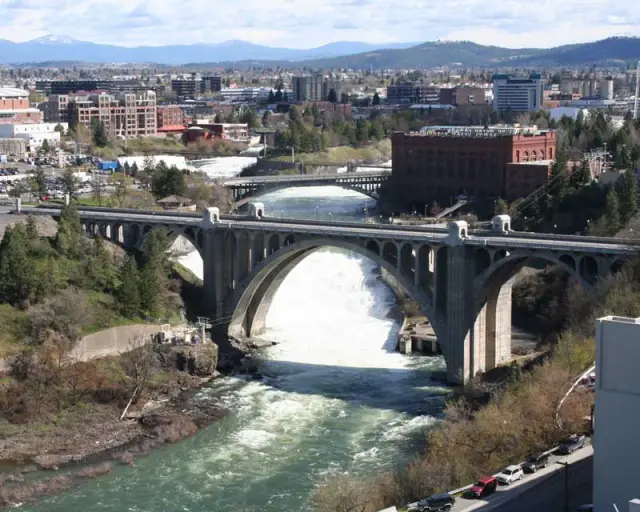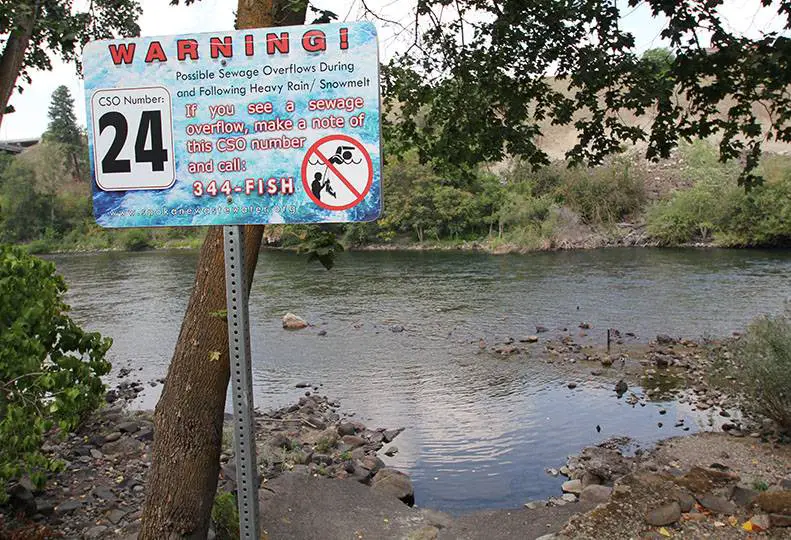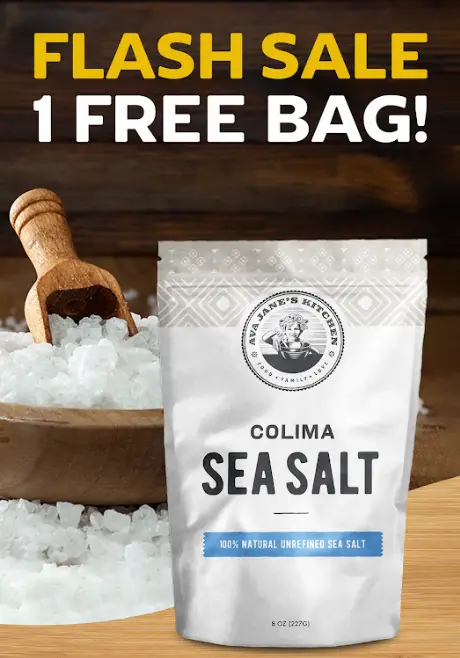
The Spokane River. Photo via RiverFallsTower.com.
Monsanto is known mostly as a genetically engineered seeds and agrochemical corporation, but few people realize just how far the company’s reach has extended over its 100-plus year history.
They’ve been involved in everything from the highly toxic and destructive Agent Orange chemical used in Vietnam, to pharmaceuticals through their connections to current-day Pfizer, and even the environmentally damaging chemical PCB, which has caused serious harm to entire towns and ecosystems.
Monsanto’s widespread PCB contamination has extended everywhere from small towns like Aniston, AL to large bodies of water including several on the West Coast.
While the company has legally maneuvered its way out of cleanup responsibilities in the past, Monsanto may not be so lucky in the case of the second-largest city in Washington, Spokane, which just won a major legal battle over large-scale pollution it says has taken place within the Spokane River.
Federal Judge Allows PCB Case to Continue
According to a recent report from the St. Louis Post-Dispatch, seven out of eight claims from Monsanto as to why the City of Spokane’s aforementioned PCB pollution lawsuit should not proceed were dismissed, including an assertion that too much time has passed for Monsanto to assume responsibility.
Monsanto has used the time-related argument to get off on similar charges in the recent past.
This time around, however, Federal Judge Salvador Mendoza has ruled that the case will proceed against the St. Louis-based company. It has been known for decades that PCBs are dangerous to both people and the environment, and the Spokane River is now suffering.
“The public harm at issue here comes from PCBs reaching the River, but the nuisance itself is Monsanto’s production, marketing, and distribution of the PCBs,” Mendoza wrote.
Monsanto told the AP that it plans to “vigorously defend the case,” which will proceed toward a trial in January 2018.
The Spokane River runs about 180 km total, much of it through the heart of the city, and empties into the Columbia River at Franklin D. Roosevelt Lake. It is one of the primary sources of drinking water for area residents according to a 2005 report by the National Research Council. A spokesman for the aquifer told AltHealthWorks.com that the contamination does not affect the aquifer’s water.
But it has caused widespread environmental damage that will cost the city hundreds of millions to clean up. City officials believe Monsanto should have to pay their part, as Scott Simmons, Public Works & Utilities Director of Spokane, said.

Photo via SpokaneJournal.com.
“This ruling is a critical first win for the City of Spokane and its residents. We believe Monsanto should have a responsibility for cleaning up this mess.”
Monsanto, PCB Contamination Go Way Back
Monsanto was the sole producer of PCBs between 1935 and 1979, when they were officially banned for use by Congress due to toxicity concerns.
About 600,000 tons of PCBs were produced over five decades until 1977, which were used in everything from insulating and cooling to pesticide formulations.
The chemicals “are carcinogenic and can contaminate food supplies, including consumable fish in the Spokane River. Monsanto’s PCBs are toxic, cannot be contained to their original application, and last decades in the environment,” a press release by Business Wire on the case noted.
Monsanto VP for Global Strategy Scott Partridge called those cities’ claims “defective,” saying that Monsanto itself did not place PCBs into the San Francisco Bay, where the pollution in question occurred.
In total, seven major cities along the West Coast have each decided sue Monsanto, including Portland, Oregon which became the seventh in March 2016. The city sued on behalf of the Portland Harbor, which became a Superfund site due to widespread contamination in December 2000. Similar cases from San Jose, Oakland and Berkeley were dismissed but given a chance for an amendment and re-filing, which the cities did in September.
The City of Spokane said that the cost of cleaning up the Spokane River will be exorbitant, to the tune of about $300 million to keep PCBs and other pollutants from entering the river prior to a 2017 federal deadline. The specific amount of damages was not disclosed in the original lawsuit.
“Monsanto knew that PCBs would contaminate water supplies, would degrade marine habitats, would kill fish species, and would endanger birds and animals,” the city’s original complaint says. “In addition, Monsanto knew PCBs are associated with serious illnesses and cancers in humans and that humans may be exposed to PCBs” through eating or even touching fish.
Scott Summy of Baron & Budd, P.C, the national law firm representing the city, called out Monsanto following their attempts to deny responsibility.
“It’s time Monsanto steps up and does the right thing,” he said. “Enough is enough. Corporate responsibility used to mean something in this country, and Monsanto is trying to push the cost of its pollution back onto city residents.”
Thanks for installing the Bottom of every post plugin by Corey Salzano. Contact me if you need custom WordPress plugins or website design.











